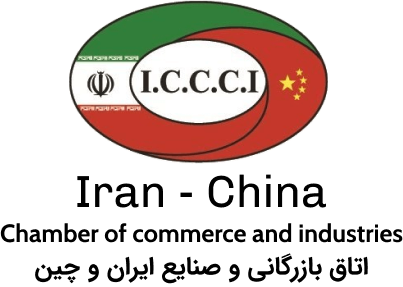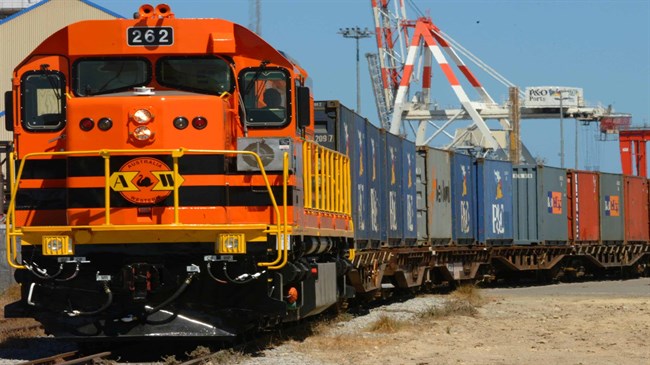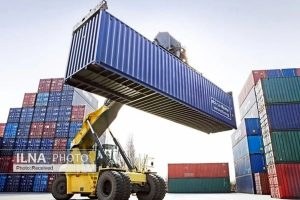The head of the Khorasan Razavi Exporters Union, referring to the special position of the northeastern province in the field of export to regional and trans-regional markets, said 40 to 50 percent of Iran’s non-oil exports are being done from his province.
Talking to Iran Daily, Kazem Shirdel said due to the high capacity of rail transport in Khorasan Razavi Province, 70 percent of the country’s rail exports are made by the province.
He said: “Considering the special position of Khorasan Province in the northeast of the country and its access to international markets in the north and east of the country, as well as cheaper rail transportation costs for export, a large volume of Iran’s exports takes place in the province.
“Of course, a large part of the exported goods belongs to products produced in the province, but some of the exported commodities are from other provinces of the country.”
The union head added that the province’s exports during the last Iranian year were more than $1.2 billion, and for the current year it is targeted to export $1.7 billion worth of goods.
Shirdel stated: If some restrictions in the field of exports are removed and the export process is facilitated, achieving the goals is accessible.
He called Afghanistan the largest export market of Iran and said: “Due to the common border with Afghanistan, most of the province’s exports is bound for to Afghanistan.”
“Our products are also exported to Central Asian countries such as Turkmenistan, Tajikistan, Uzbekistan, Kyrgyzstan, Kazakhstan as well as Russia,” the official noted adding that it is possible to export Iranian commodities to more distant and Western countries.
According to Shirdel, the export-bound products of Khorasan Razavi Province mainly include saffron, pistachios, detergents, food products and other industrial products. “Also, part of the province’s exports belongs to steel products.”
Referring to the problems of exporters, he said that in the current Iranian year, the issuance of some export directives and regulations has left a negative impact on the country’s export process.
The union head explained: “Among them, we can point to the increase of export duties for some products such as petrochemical and steel products and even agricultural products, which has increased the ultimate cost of these products which affects our export of goods in competition with foreign rivals.
He believes that the increase in export duties should be applied to the export of raw materials and goods without added-value, but the imposition of duties and increase in processed products’ prices that have added-value, do not seem logical.
Shirdel said: Some products of the province such as saffron and pistachio are known as top export brands, but the increase in tariffs and rising prices will help the rivals in the international market replace our products.
“Currently, we are facing rivals like Turkey in the international market in the field of pistachio exports, and in the field of saffron, Afghanistan will become a serious one for our products in the next few years, so we must think about keeping our market,” he noted.
Referring to the Russia-Ukraine war, he said: “The occurrence of the war has led to the imposition of many sanctions against Russia and has provided favorable conditions for increasing exports of Iranian products to Russia, which should be used by facilitating the export process.”
Turkey is now a serious rival for Iran in terms of exports to Russia, and the country has succeeded in gaining a good share of the Russian market with the favorable conditions it has created for its exporters, Shirdel concluded.





